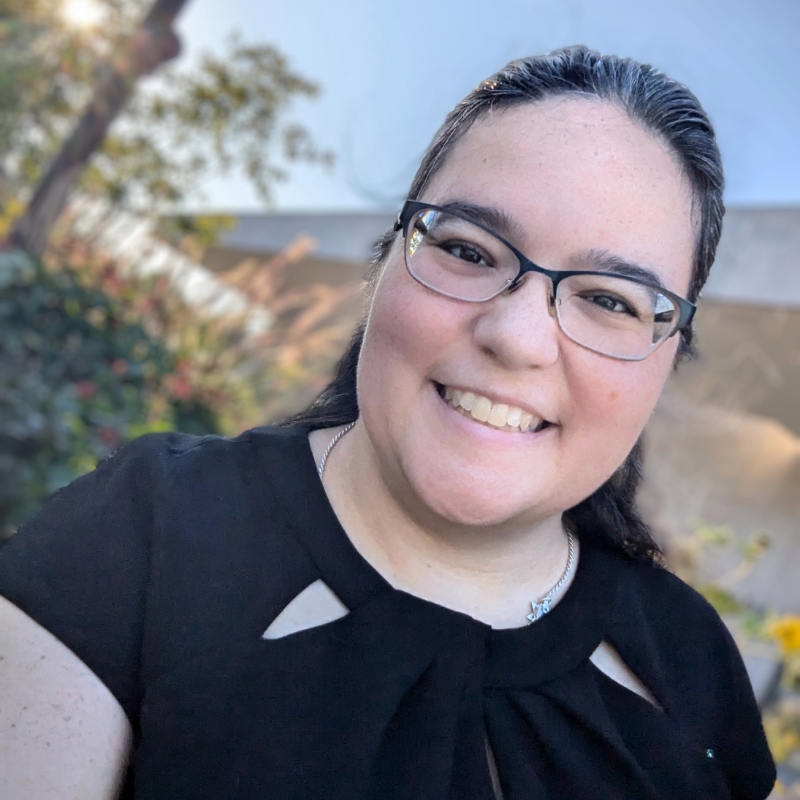My mom was an illegal immigrant (unintentionally). One of those people who overstayed their travel visas in the 1980s. She met my Dad, fell in love, got married, and received her green card. She ultimately gave up her previous citizenship and became a U.S. citizen when I was in middle school after a lawyer explained that she had no legal protections as only a green card holder.
My mom always reminded me when I was a kid that the only reason no one minded that she had overstayed her visa was because she was a nice white lady with a “lovely accent” (which I heard others remark everywhere we went my entire life). Growing up in Houston, we knew many people who were in the U.S. on work visas, had undocumented relatives, and/or were trying to bring family here.
In the opening words of this week’s parshah, we are placed in the shoes of Moses, who wants to finally have a place to call home. After 40 years wandering in the desert, he desperately wants to lead the people into the Promised Land. But once again, God tells Moses that he will not enter the land. God tells Moses that he can stand on the mountaintop and look over the river, but he will not be allowed to enter it. Rather, his job is to prepare Joshua and the people for their entry into the land. Moses is to remind the people of their experience at Mount Horeb (Mount Sinai). But those listening did not experience those wonders they are told to remember firsthand — they are a generation born in exile, without a land to call home.
Find more resources on VaEt’chanan.
America was the promised land for many of our ancestors — many people saw the United States as a new Zion in the early years of this country’s existence. The message shared through letters, stories, and dreams was that America was a land of opportunity and a land of freedom. A land free from religious persecution and a land ready to welcome immigrants with open arms.
All of this is why I am an advocate for The Coalition for Humane Immigrant Rights (CHIRLA)’s “We Belong Here” campaign. Because all of us who call America home belong here, regardless of immigration status.
“We Belong Here” is a national campaign calling for a pathway to citizenship for the 11 million undocumented immigrants who are our neighbors, friends, and family. The call from CHIRLA and their supporters (millions of Americans and over 150 civic and religious organizations — including T’ruah) is to update the immigration registry by amending the cutoff date in the 1929 Immigration and Nationality Act. The 1929 Act has been updated multiple times since it was passed; most recently in 1986 when the date was changed from June 30, 1948, to January 1, 1972. The act has provisions to authorize people for permanent status that include: having lived in the United States for at least seven years continuously and having not committed any crimes or acts of terrorism. The act allows those who meet the criteria to begin the process, and get in line for a green card — the document which allowed my mom to stay here and build a life. While a green card is only the first step towards citizenship, it is one that should be much more widely available.
Find more information on T’ruah’s immigration work.
Moses, Aaron, Miriam — and their entire generation — fought for the right to be at home in a land they called their own. Today, here in America, where the majority of citizens are descendants of immigrants or immigrants themselves, we should remember what it is to be searching for home. We must work together to welcome all those who are home here in America, and need the security of citizenship.
I pray, with the words of my teacher, Rabbi Aaron Panken, Ph.D., z”l for “the beautiful mosaic of immigration that made this country what it is….[For w]e are not a people of whiners, of those who say ‘this is the end and there is nothing we can do about it.’ We are a people of action and courage, of innovation and fearlessness, of adaptation and endless creativity.” (Graduation Address)
The power lies with us, “the people,” as the Constitution says. The power lies with us, as we are guided by the words of the commandments of our tradition. The power lies with us to make this country live up to the best of itself.
Rabbi Simone Schicker (she/her) is a 2018 ordinee from HUC-JIR in Cincinnati. She is the spiritual leader of Temple B’nai Israel in Kalamazoo, Michigan, which sits on the land of the Council of the Three Fires — the Ojibwe, the Odawa, and the Potawatomi. When not working, you can find her reading in her hammock (or dreaming she was).

